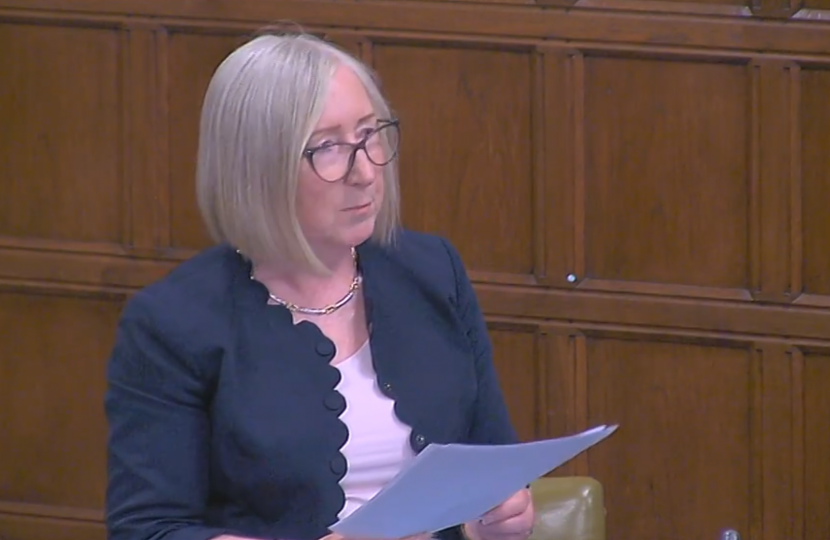
This week in Parliament, I took part in a debate on ultra-processed foods.
Although there is no precise definition of ultra-processed foods, they typically have five or more ingredients and tend to include many additives and ingredients that are not typically used in home cooking, such as preservatives, emulsifiers, sweeteners, and artificial colours and flavours.
This is how I define the term: if there is a word that someone cannot pronounce when they look at the contents list on a package, the food is ultra-processed.
In his response, the Minister for Primary Care and Public Health, Neil O’Brien MP, stated that he admired this definition and having an unpronounceable ingredient is a pretty good sign, however, the Government needs to be precise and follow the scientific evidence.
Obesity and related conditions, such as type 2 diabetes, are the most prominent health impacts of poor diets, which are driven by high consumption of products that are highly processed and contain unhealthy levels of fat, salt and sugar.
It has been known for decades that products high in fat, salt and sugar have a negative impact on the health of the nation and in most circumstances leads to obesity.
The health and economic impacts of obesity are devastating. Obesity is a force multiplier on fatty liver disease, cardiovascular disease, stroke, type 2 diabetes and cancer, which puts ever-increasing pressure on the NHS. The combined cost of obesity to the Treasury - that is, through the NHS, the Department for Work and Pensions and the economy as a whole - is predicted to reach £58 billion a year.
It is clear there is an addiction to ultra-processed foods in this country, in a similar way to the smoking addition over the decades. We have tackled the smoking addiction by intervention, and now it's time to tackle the UPF addiction by intervention.
During the debate, I also pressed the Minister for Primary Care and Public Health, Neil O’Brien MP, on whether the Government is committed to halving child obesity by 2030.
In responding, the Minister stated that the Government is committed to halving childhood obesity by 2030 as well as working with businesses to make further progress on reformulation of food. Although this is a step in the right direction the Government must be bold and brave in tackling this UPF addiction for the sake of the individual, the NHS and the economy.
You can view my contribution in full here: https://parliamentlive.tv/event/index/a5550267-8865-4cca-a681-387383682184?in=17:25:06
